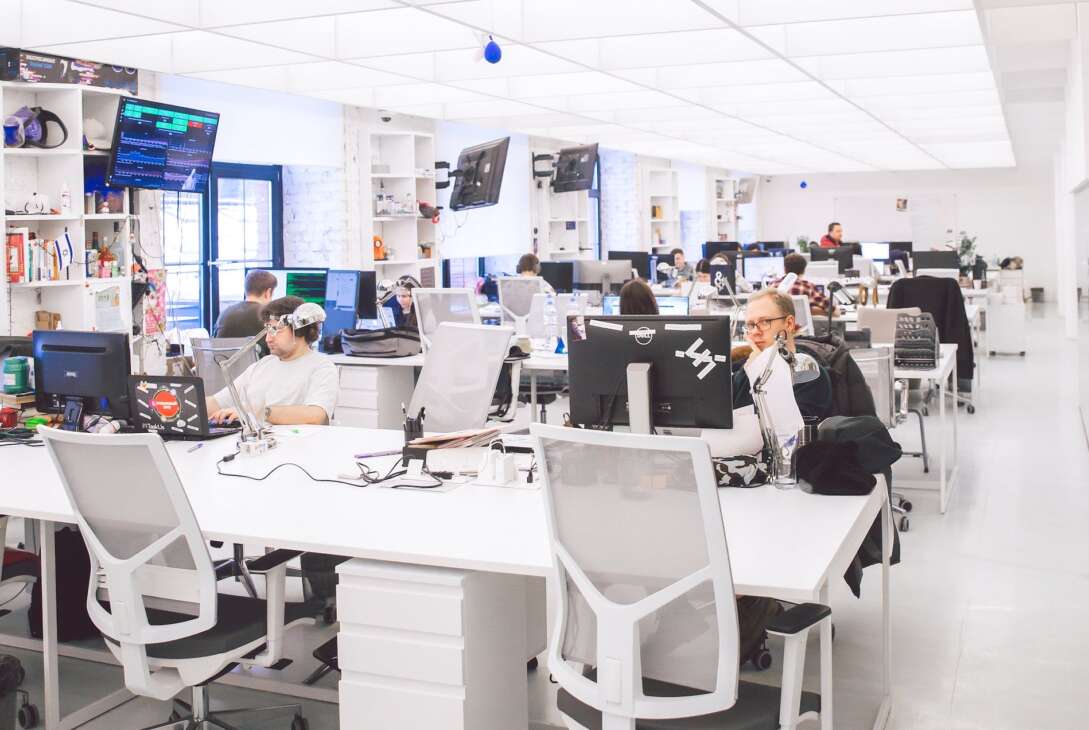Much before N.R Narayana Murthy hammered home the idea of a 72-hour work week, which generated a spectrum of opinions, a famous English philosopher & economist made a startling prediction. In an essay dating back 1930, John Maynard Keynes signaled the possibility of a 15-hour workweek (yes, you read that right!) and envisaged that his grandchildren would perhaps work only 2-days a week. While that would likely remain a utopian idea, the debate on how long one must work and whether longer hours of work really mean better outcomes continues to deepen.
Amidst these debates, a new study hints at the possibility of AI technologies making the 4-day work week a reality in countries like UK and US. A report from thinktank Autonomy finds that a four-day week (32-hours as full-time equivalent) could be achieved by 2033 for 8.8 million workers in UK, without reduction in livelihoods or productivity.
While Generative AI is observed as a threat to high-skilled jobs especially in advanced economies like US and UK, there are positive sides to the technology.
“As ever, alternatives are possible: how productivity gains are to be distributed is a contestable question. Whilst many have focused on the pessimistic – and often deterministic – outlook of job losses and degradation, the prospect of improved productivity for huge swathes of the workforce also points to an alternative, more equitable solution: shorter working weeks for all and a four-day week horizon,” the study highlights.
It also forecasts that a significant 88 percent of the labour force in Great Britain could have working hours reduced by at least 10%, should Large Language Models (LLMs) be introduced into workplaces and used as the basis for increased free time. This can impact as many as 27.9 million workers in 2033. Besides, many local authorities in UK hold the potential for 38% or more of their workforces to move to a four-day week using AI augmentation over the next decade.
A shorter work week, per the study, is a way of tangibly delivering benefits to workers whose workflow has been augmented by new AI tools. “This represents a huge opportunity for policymakers, trade unions and of course the millions of workers who are likely to be affected in some or another by these new AI technologies,” it summarizes.
Closer home in India, many of these constructive debates have yet to be mainstream. Nevertheless, the role of technology is to augment and optimize human efforts and save us from job burnout.













